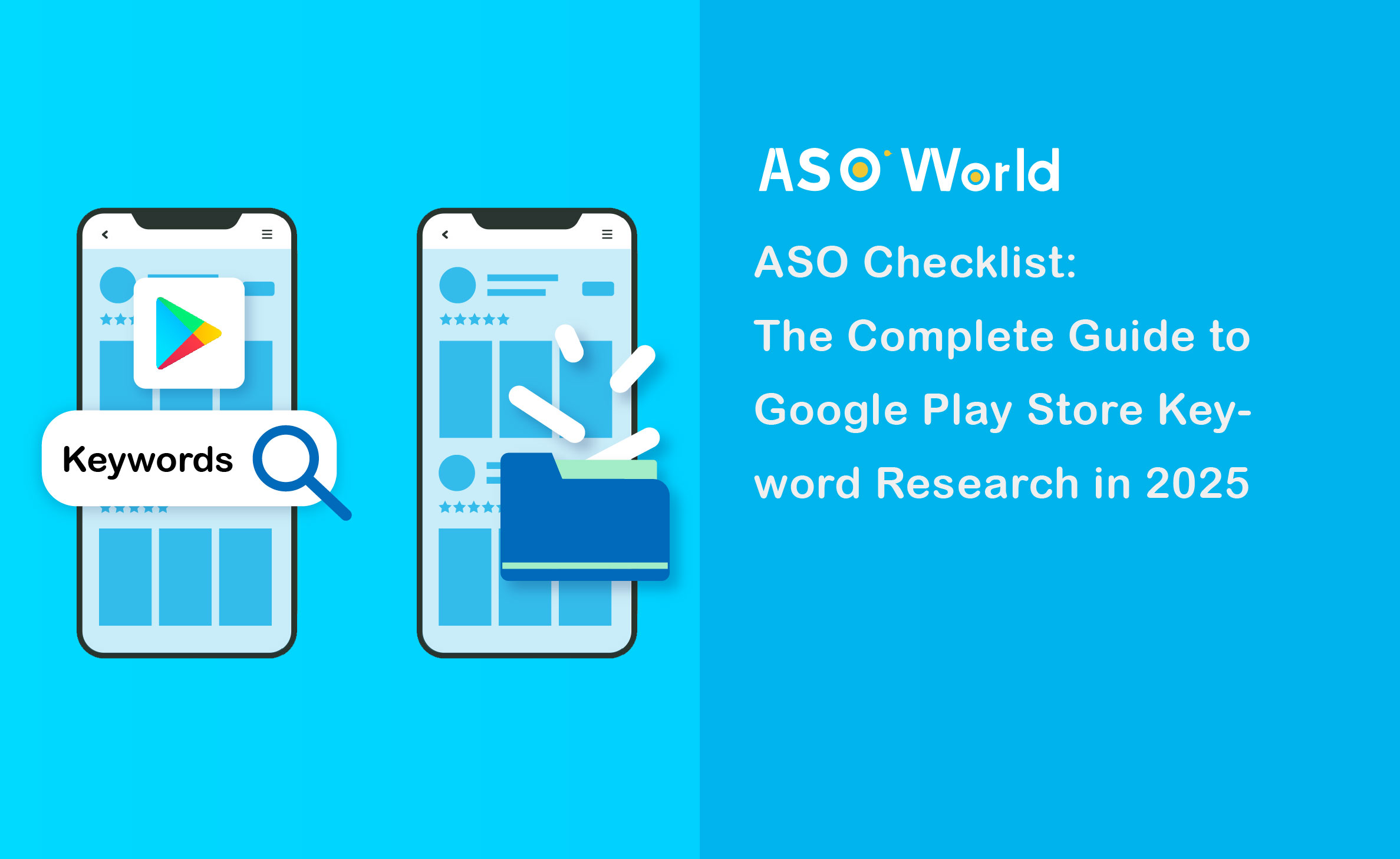





Google starts developer ID verification with an advanced sideloading flow and student accounts to curb app-based scams while preserving power-user freedom.

Google has started rolling out early access to a developer verification system intended to reduce fraud across the Android ecosystem while preserving a controlled sideloading route for experienced users.
Full enforcement is scheduled for 2026, and Play Store developers will be invited to join the program later this month.
Google made the verification mechanism available in early access through the Android Developer Console for apps distributed outside the Play Store. The company plans broader enforcement in 2026 and will invite Play Store developers to participate imminently.
The new rule requires developers to verify their identity before distributing apps—whether through Google Play or third-party channels. The requirement applies to apps distributed outside the Play Store as well as those in it, signalling a platform-wide shift toward identity-based accountability.
👉 Details >>> Google to Mandate Developer Verification for All Android Apps by 2026

Google said the policy responds to growing scams that use unverified apps to impersonate banks or services. In some regions, notably parts of Southeast Asia, attackers have used fake “security verification” apps distributed outside the Play Store to intercept notifications and steal two-factor authentication codes.
“Without verification, bad actors can spin up new harmful apps instantly. It becomes an endless game of whack-a-mole,” said Matthew Forsythe, Director of Product Management for Android App Safety. “Verification forces them to use a real identity, making attacks harder and more costly to execute.”
To protect sideloading as a capability for advanced users, Google is introducing an “advanced flow” that allows experienced users to install unverified apps after seeing clear security warnings and explicitly accepting the risks. Google says the flow will be designed to resist coercion so scammers cannot trick users into bypassing safeguards.
Recognising the needs of learners and small-scale developers, Google will offer a dedicated account type that enables limited distribution without full verification. This measure aims to preserve experimentation and educational use while reducing large-scale abuse.

The verification system marks a notable change in Android’s long-standing openness by tying app distribution to verified identities. For legitimate developers, the new regime may add onboarding steps; for end users, it promises stronger defenses against impersonation and malware.
App Store Optimization (ASO) strategies may shift as Google ties developer identity to app listings. Verified developers may gain credibility advantages that boost conversion rates, while unverified or restricted accounts could see reduced visibility.
👉 ASO Checklist: The Complete Guide to Google Play Store Keyword Research in 2025

Smaller teams and indie developers will need to evaluate the new account types and timelines to plan compliance. Security teams and regional app stores may also adjust moderation and distribution policies to align with identity-based enforcement.
👉 Get the latest app store news.
Google’s verification system targets fast-growing fraud schemes that rely on unverified apps, especially those distributed outside Google Play. Identity requirements should raise the cost of large-scale attacks, but success will depend on clear guidelines and minimal friction for legitimate developers. The student account and advanced sideloading flow are key to balancing security and openness as Android tightens its ecosystem defenses.
Get FREE Optimization Consultation
Let's Grow Your App & Get Massive Traffic!
All content, layout and frame code of all ASOWorld blog sections belong to the original content and technical team, all reproduction and references need to indicate the source and link in the obvious position, otherwise legal responsibility will be pursued.